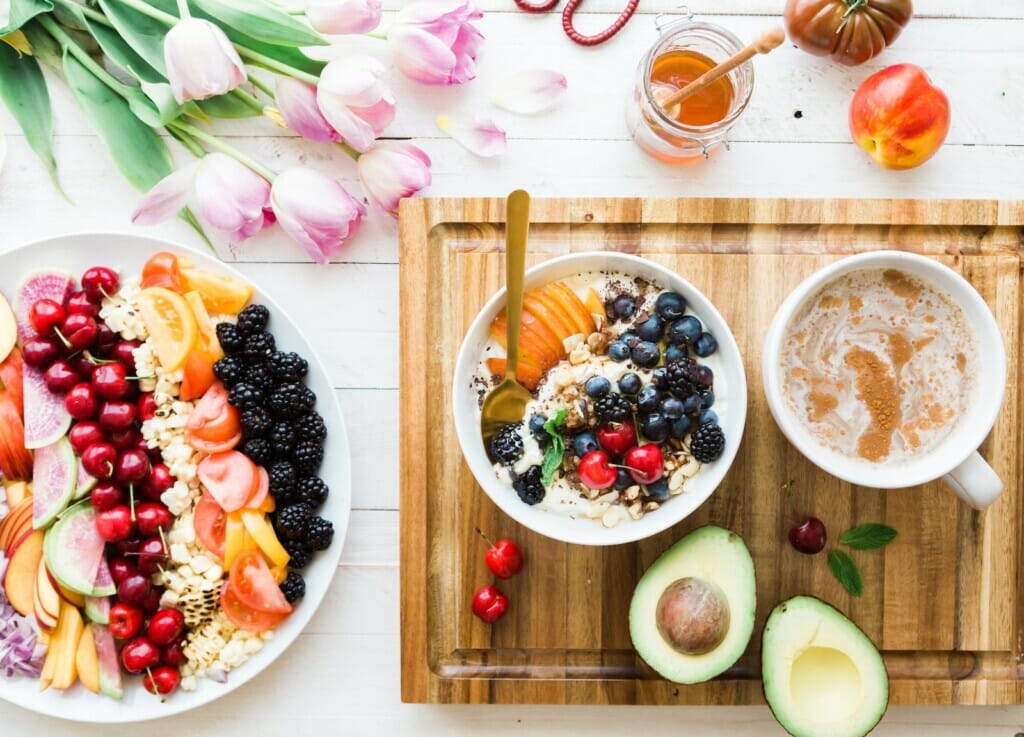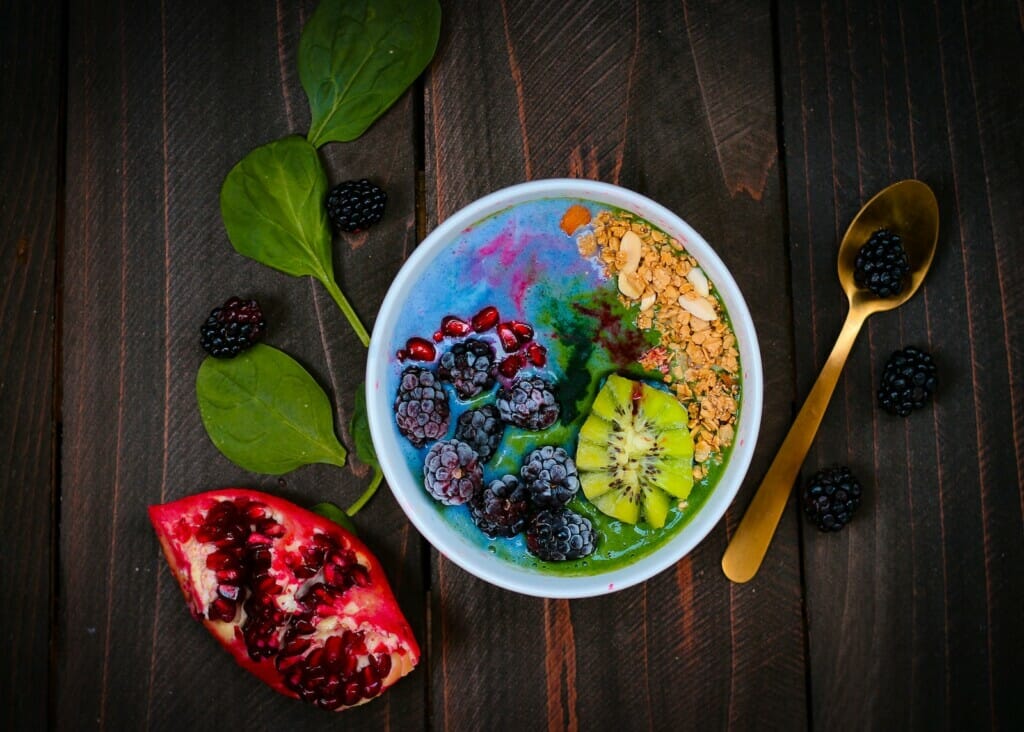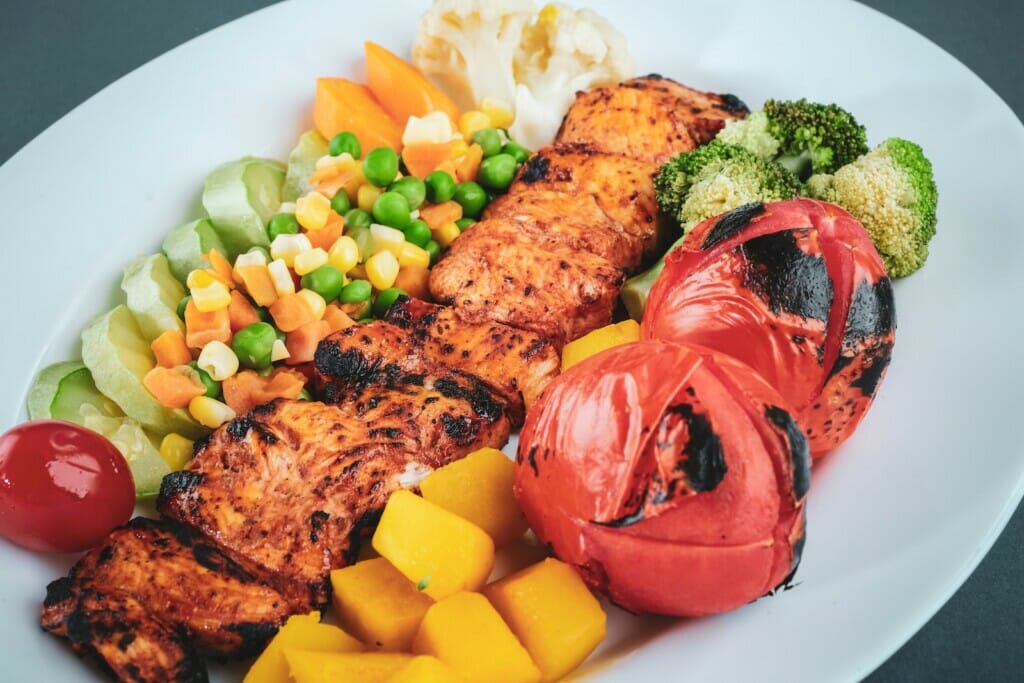Onion Nutrition Facts And Calories Contained In Different Types
In this article, we will talk about onion nutrition facts and the health benefits they possess. Onions (Allium cepa) are bulb-shaped vegetables used across the world. They are biologically related to chives, garlic, scallions, shallots, and leeks.
Onion Nutrition Facts And Calories Contained In Different Types
By bringing you onion nutrition facts and tips to differentiate the various common types of onions usually consumed by people, we hope to help you develop a better understanding of this extremely beneficial vegetable.
Onion Nutrition Facts And Calories Contained In Different Types
Onions are found in different sizes, colors, and flavors (Image via Unsplash/Önder Örtel)
Onion Nutrition Facts And Calories Contained In Different Types
Onion Nutrition Facts
According to the U.S. Department of Agriculture, 100 grams of raw onions provide:
Onion Nutrition Facts And Calories Contained In Different Types
Calories: 40 kcalWater: 89%Protein: 1.1 gramsCarbs: 9.3 gramsSugar: 4.2 gramsFiber: 1.7 gramsFat: 0.1 grams
Onion Nutrition Facts And Calories Contained In Different Types
Apart from these macros, they also provide other categories of nutrients, including vitamins, minerals, and antioxidants, such as:
Onion Nutrition Facts And Calories Contained In Different Types
Vitamin C: It is a strong natural antioxidant, that is needed for immune function and the growth and maintenance of skin and hair. Most fruits and vegetables contain significant amounts of vitamin C.Folate (B9): It is a water-soluble B vitamin, also known as folic acid. Folate is essential for cell growth and metabolism, especially for pregnant women.Vitamin B6: It is found in most foods and is important for the formation of red blood cells.Potassium: This essential mineral is known for its blood pressure-lowering effects and improving heart health.
The onion nutrition profile also includes several organic antioxidants, which have proven useful for the further development of medicines and vaccines.
Anthocyanins: Found exclusively in red or purple onions, anthocyanins are powerful antioxidants and give onions their reddish color.Quercetin: It is a type of flavonoid known to lower blood pressure and improve heart health.Sulfur compounds: Sulfides and polysulfides may protect against cancer.Thiosulfinates: These sulfur-containing compounds may inhibit the growth of harmful pathogens and boost immunity.
All types of onions, including green onions, scallions, and chives contain different amounts of these compounds. However, anthocyanins are absent in green onions and chives….


